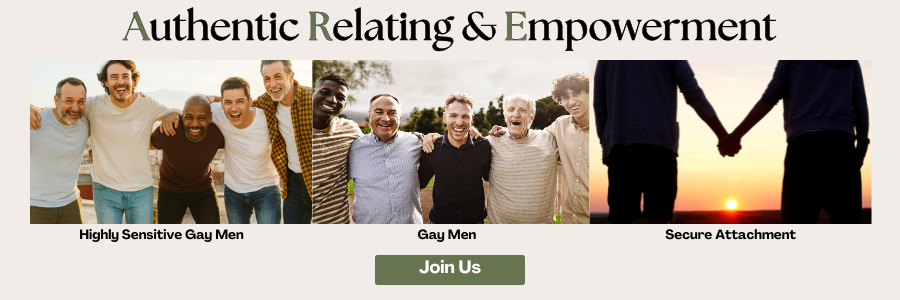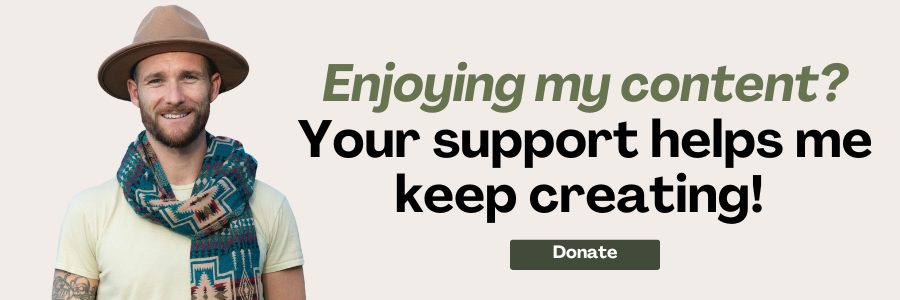Having needs can feel vulnerable
Especially if you grew up in a home where your needs went unmet and you had to become hyper-independent to survive. You may have a relationship shadow around getting your needs met. This may look like an inability to trust that people will be there for you to meet your needs, so you do it all on your own. Depending or relying on someone can feel downright scary because it requires you to give up control.
Or
You may go the other way
And become hyper-reliant on other people to meet your needs. This can also be vulnerable because when people are not there for you, it can lead to self-abandonment and the anxiety and disappointment that come with that.
Exploring both ends of this need spectrum is what inspired me to write this. I wanted to contemplate my own experience with having needs (I tend to lean hyper-independent) and then share my perspective on the difference between having needs and being needy.
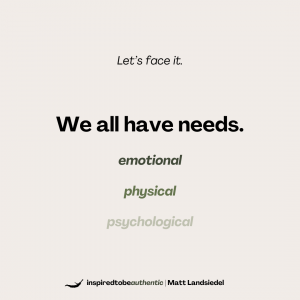
We all have the need for love, attachment, belonging, to feel seen and heard, to grow, to have meaning and purpose in our lives, novelty, adventure, etc.
Some of these needs we can meet on our own, and some of these needs are relational in nature, which means we have to rely on others to meet these needs for us – scary, I know.
Relational needs are where it can become tricky, especially for those of us with attachment trauma, where our needs went unmet in childhood. The sense of not having control over our needs being met can cause a lot of fear and anxiety.
Many of us feel a deep sense of shame when we acknowledge our needs, fearing that we’ll come across as “needy” and be rejected as a result.
In my opinion, having discernment between having needs and being needy is crucial to maintaining healthy relationships and a balanced sense of self-worth. But how can we navigate this delicate boundary?
What does It mean to have needs?
At its core, having needs is simply part of being human. We all need things like love, attention, security, and connection. These needs are not only normal, but they are essential for our well-being. From the need for companionship to the desire for respect, these basic human needs are the foundation of healthy relationships.
Expressing these needs in a clear, healthy way is how we build strong, meaningful connections with others. It allows for mutual understanding and support, where both partners in a relationship (romantic, familial, or platonic) can be themselves, share their feelings, and empower each other to be authentic.
What does It mean to be needy?
Being needy, on the other hand, refers to an excessive or imbalanced reliance on others to fulfill emotional needs. People who exhibit needy behavior often seek constant reassurance, approval, or attention from others in a way that may feel overwhelming to those around them. It’s not the existence of the needs themselves that’s problematic, but rather the way those needs are expressed – often with fear and scarcity.
Neediness often stems from a lack of internal security. When someone doesn’t feel grounded or confident in themselves, they might seek validation and comfort outside of themselves in an almost compulsive way. They can become emotionally dependent on others, which places undue pressure on their relationships.
Key differences between having needs and being needy
Healthy expression vs. overdependence:
When you have needs, you express them calmly and clearly, allowing others the space to respond appropriately. You can meet many of your own emotional needs, and when you reach out for support, it’s balanced.
Being needy means leaning too heavily on others for validation or support. You might expect others to constantly fulfill your needs in ways that aren’t realistic, putting pressure on them and the relationship.
Confidence vs. fear of rejection:
People who confidently express their needs understand that their worth doesn’t depend on someone else’s approval. They can handle rejection or compromise because their self-worth isn’t at stake.
People who exhibit needy behavior often have a deep fear of rejection or abandonment. They might struggle to set boundaries or feel secure unless they are constantly reassured, which can drive them to seek validation in unhealthy ways.
Clear communication vs. emotional exhaustion:
When you’re in touch with your needs, you’re able to communicate them effectively. You ask for what you need without guilt or pressure.
Needy behavior can lead to indirect communication—such as guilt-tripping, manipulation, or the constant seeking of attention, leaving others feeling drained and overwhelmed.
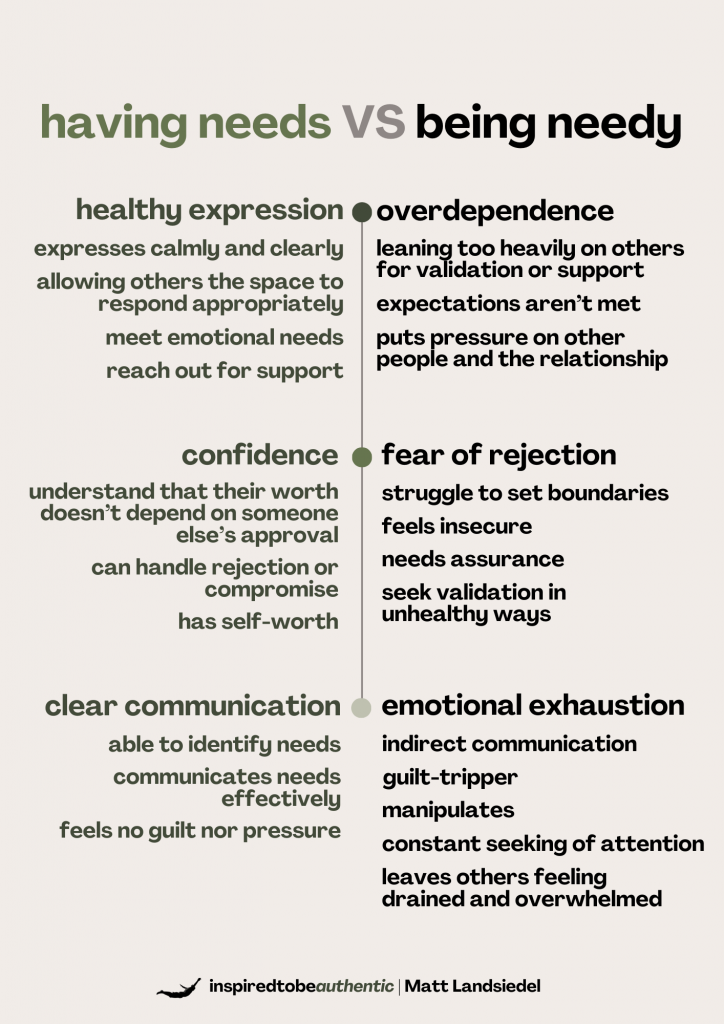
Why it’s important to acknowledge your needs
There is no shame in having needs. In fact, denying your needs can be far more harmful than acknowledging them. Suppressing your emotional or psychological needs often leads to resentment, frustration, and burnout.
When we fail to honor our needs, we risk depleting ourselves emotionally and physically. Over time, this self-neglect can manifest in stress, anxiety, and even physical illness. In relationships, unspoken needs can lead to miscommunication and conflict, creating emotional distance.
How to communicate your needs without being needy
1. Develop self-awareness
The first step to understanding your own needs is to feel your emotions and get curious about what the emotion is communicating to you. Take time to reflect on what truly makes you feel supported, loved, and secure. Once you understand your needs, you can begin to communicate them with clarity and confidence. Remember, emotions are the messengers of need, so in order to understand what we need, we must be feeling our emotions.
2. Set boundaries
Healthy relationships require boundaries. Understand that it’s okay to ask for support, but also recognize that others have limits. When you can balance your needs with respect for others’ boundaries, you create healthier, more fulfilling connections.
3. Build emotional independence
While we all need emotional support, it’s important to cultivate the ability to meet many of our own needs. This might involve self-soothing, practicing mindfulness, or developing healthy coping strategies for stress and anxiety. When you’re emotionally independent, you can ask for support without becoming dependent on others to fulfill all your emotional needs.
4. Avoid Mind Reading
Communicate directly and avoid expecting others to “just know” what you need. This prevents frustration and miscommunication. Be clear and upfront about your feelings and desires without expecting others to guess.
5. Make positive need requests
Positive need requests are direct requests stating what you DO want, not what you DON’T want. Avoid criticizing or stating what the other person is doing wrong, and make requests that give them clarity as to how they can meet your needs. Make it easy for them to know what you want.
You can use these cheat sheets to gain more clarity around what needs might be connected to your emotions
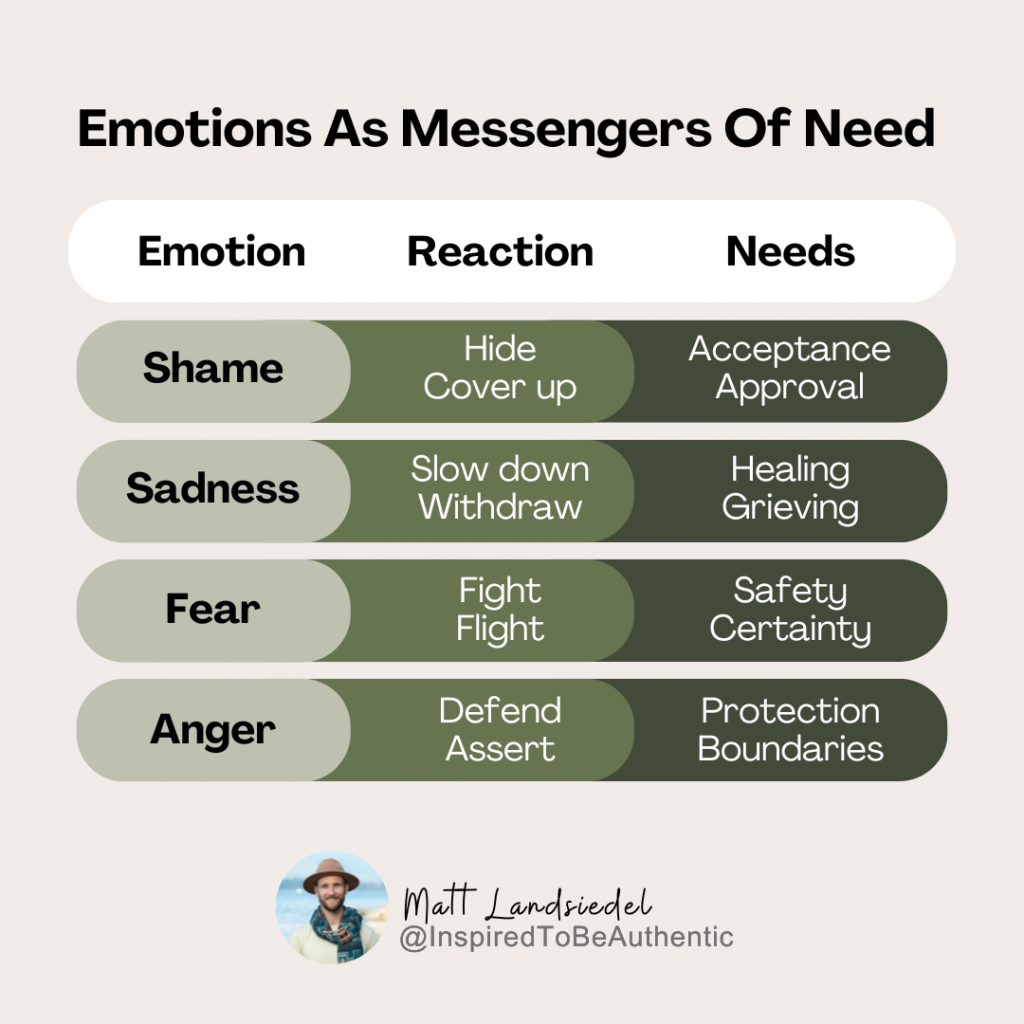
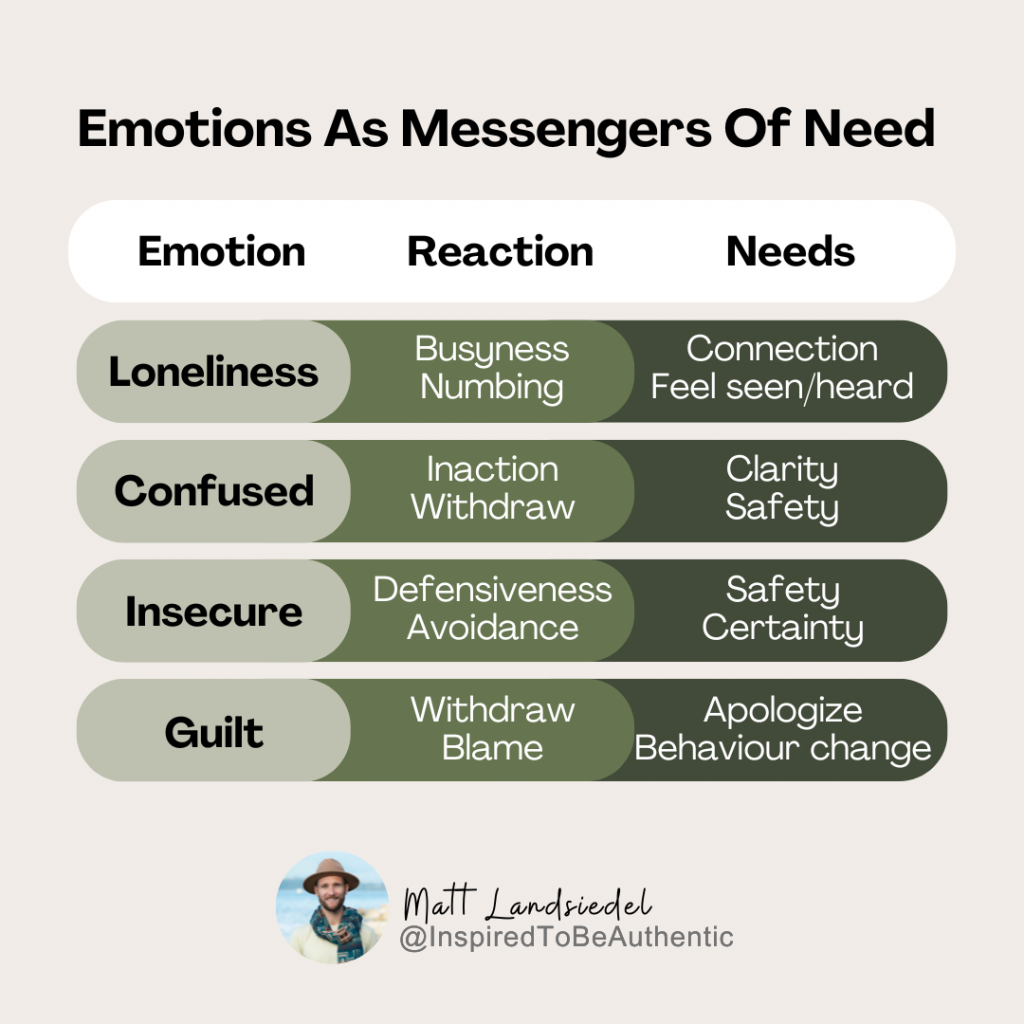
My final thoughts
Having needs doesn’t make you weak or dependent; it makes you human. The key is to acknowledge and express your needs in a healthy, balanced way that fosters connection rather than strain. Be clear about your intention when making need requests. Be honest with yourself and the other person about your intention and then communicate directly from a place of ownership of your needs. If your needs are coming from fear and scarcity, own that, the relationship will be served by it in the end.
You are allowed to ask for what you need. And the best relationships, whether romantic, familial, or friendships, are built on a foundation of mutual care, understanding, and support. Getting your needs met within these relationships is the birthplace of relational healing and how you can begin to feel empowered within yourself and your relationships.
If you want to level up your relational intelligence so you can stop people pleasing the needs of others while your needs go unmet, or you want to heal any other codependent patterns of dysfunction in your relationships, you may want to consider enrolling in one of my 9-week group coaching programs. These programs will take you from A-Z in healing these relational patterns that are disempowering you from getting your needs met.
If you’re ready to step into your power and thrive in your relationships, you can register for one of my upcoming offerings below.
Lift your cheekbones,
Matt


